‘The truth is,’ says Gordon Back, lowering his voice, ‘that if the violin finalists from the BBC Young Musician of the Year were to enter the Menuhin Competition, they wouldn’t make it to the first round.’ Not through the first round, note, but to the first round: they wouldn’t be good enough to compete.
Back is artistic director of the Menuhin, held every two years in a different country. In effect, it’s a search for the next Yehudi Menuhin, who recorded the Elgar concerto with the composer at the age of 15.
Some critics think Menuhin never quite fulfilled that astonishing early promise — but I wouldn’t dare suggest that to Gordon Back. He’s a legendary piano accompanist, having partnered not just his friend Yehudi but also Nathan Milstein, Itzhak Perlman, Maxim Vengerov and Yo-Yo Ma. We have lunch in a hotel in Austin, Texas, where the 2014 competition was held last month. Back is a genial, hyperactive Welshman with a combative streak. He beams when we discover we share a dislike of someone. ‘If I can speak candidly…’ I say. ‘Oh, please do.’
This is the day of the under-16 junior semi-finals. ‘You won’t believe your ears,’ says Back. ‘Some little kid who’s never been outside Taiwan starts playing Kreisler with an authentic Viennese tone and you see tears on the faces of hardened judges.’
Sure enough, Alex Zhou walks on to the stage of the Bates Recital Hall and out pours a gloriously refined performance of Beethoven’s ‘Spring’ Sonata. As fragments of melody bounce between violin and piano, I think: this would earn fierce applause at the Wigmore Hall even if Alex were 24 instead of 12. Surely he’s going to win. But he doesn’t, because this is the standard of the competition and 14-year-old Rennosuke Fukuda from Japan makes my jaw drop even further. I meet him afterwards: he’s sweetly fidgety and you wonder how he can display such mature musical intelligence.
Of the 42 junior and senior competitors, 28 are ‘of Asian heritage’, as we must now say. Whatever their nationality, their parents hail from the Far East (but not south Asia, oddly). I was expecting ethnicity to be the elephant in the room, too risky to mention. In fact, everyone’s talking about it. There’s a consensus: the Asians are simply better than most of their rivals. Menuhin competitors are chosen by a blind tasting of audition tapes. That makes a nonsense of claims that Chinese, Japanese and Korean conservatoires churn out players with steel techniques but zero imagination (though that may have been true 20 years ago). Also, competitors born in the US are disproportionately Asian.
‘Maybe it’s the Tiger Moms thing,’ a violin teacher tells me, ‘or maybe it’s something deeper. I don’t know. What I can say is that if you show an Asian four-year-old how to hold a bow, that’s it, you need only say it once. But if it’s a [audible pause here] white kid, then the next week they’re back to holding it sloppily.’
Does this new Asian musical hegemony actually matter? The answer’s simple: no. Making a fuss about it is as racist as complaining about Jewish violinists in the 20th century. On the other hand, surely it does matter that no British youngster, Asian or otherwise, submitted a tape that passed the Menuhin test.
That’s embarrassing and sad, because this is a lovely event. Of course it’s nerve-racking and of course there’s disappointment: I watch one (Asian) lad whose eyes keeping darting from his computer game to a TV on which another (Asian) boy is playing the same piece as him, only better. But there’s no whiff of the nastiness of the competition circuit. Violinists who are eliminated are given master-classes with the judges. ‘It’s as much a festival as a competition,’ says Back.
In the senior finals, we hear four concertos — the Mendelssohn, the Prokofiev First (twice) and the Prokofiev Second. Two soloists stand out: In Mo Yang from Korea and Stephen Waarts from Holland. Yang’s filigree virtuosity and Waarts’s range of colour take the breath away. Neither is ‘better’ than the other but someone has to win and it’s Waarts. He’s six-and-a-half feet tall and an amateur mathematician — a proud geek. When I tell him that he need never enter another competition, he says: ‘Oh. I guess you’re right.’ He sounds despondent — a tribute, perhaps, to the Menuhin’s nurturing ethos.
Pamela Frank, one of the judges, reckons the Austin finale ‘was one of the best concerts I’ve been to in my life’. I’ll second that. Even so, a problem looms. In 2016 the Menuhin comes to London for Yehudi’s centenary. That’s appropriate: he founded a famous school here and ended up in the House of Lords. But what if, once again, there are no British competitors?
Got something to add? Join the discussion and comment below.
Get 10 issues for just $10
Subscribe to The Spectator Australia today for the next 10 magazine issues, plus full online access, for just $10.

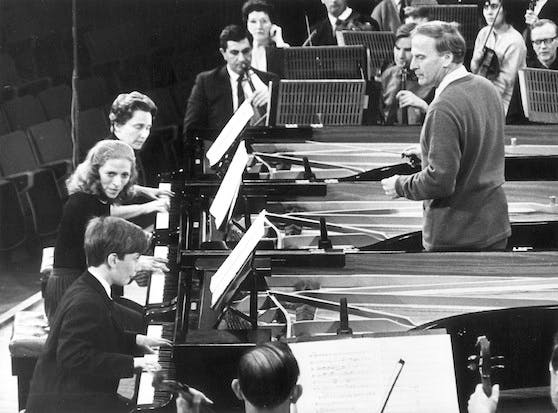
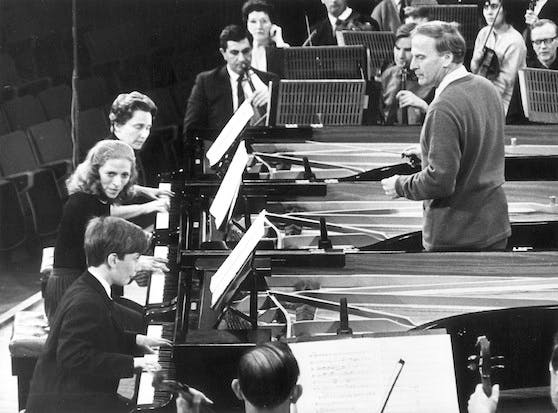
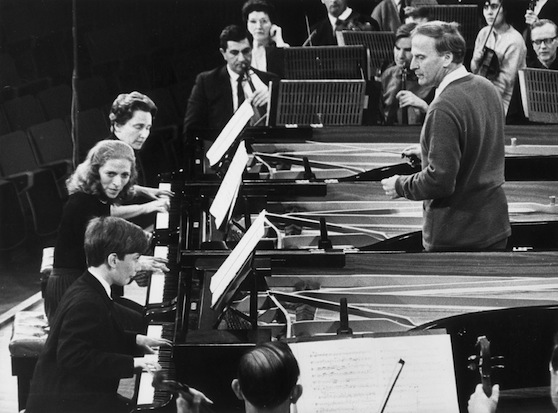

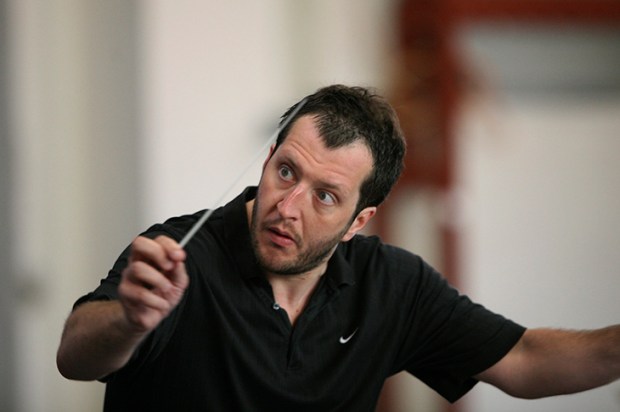
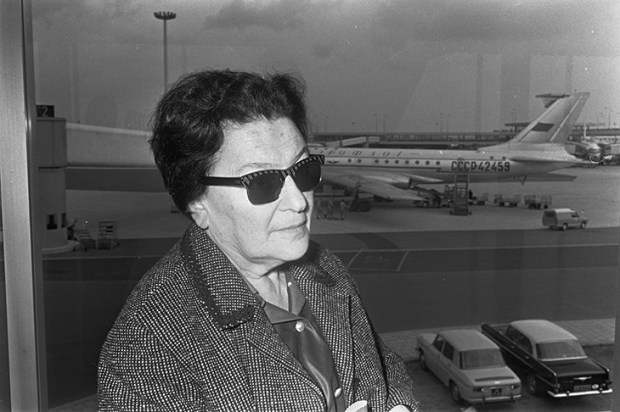
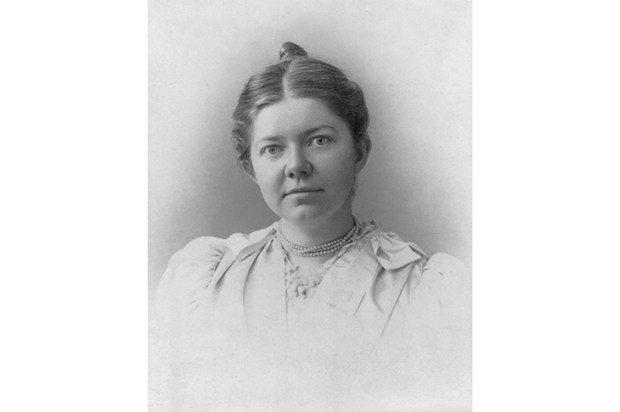






Comments
Don't miss out
Join the conversation with other Spectator Australia readers. Subscribe to leave a comment.
SUBSCRIBEAlready a subscriber? Log in